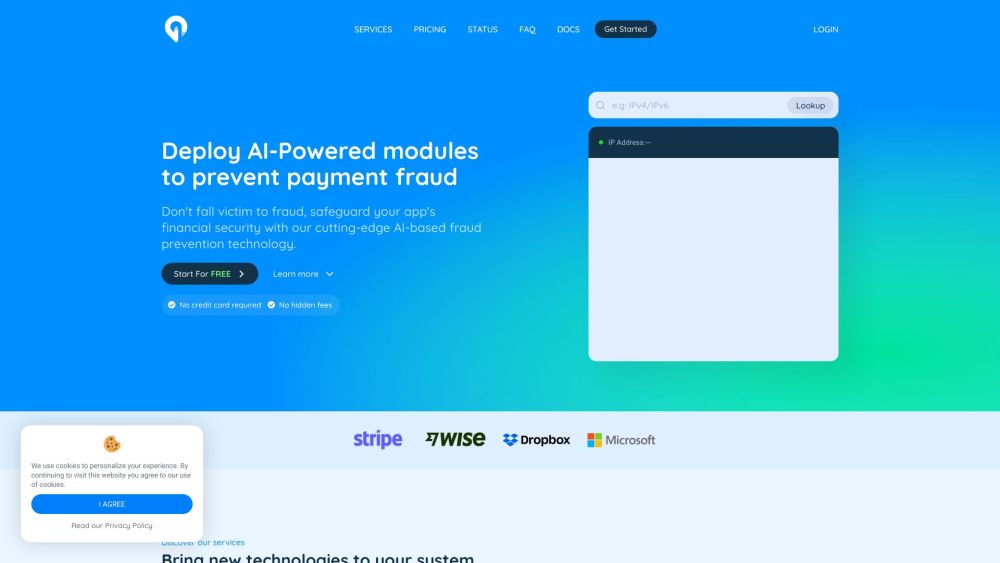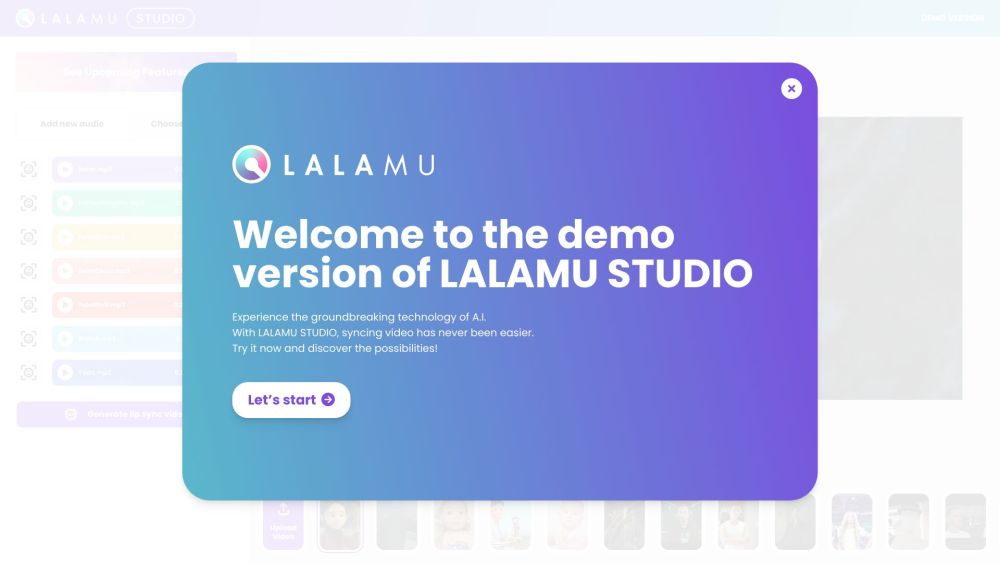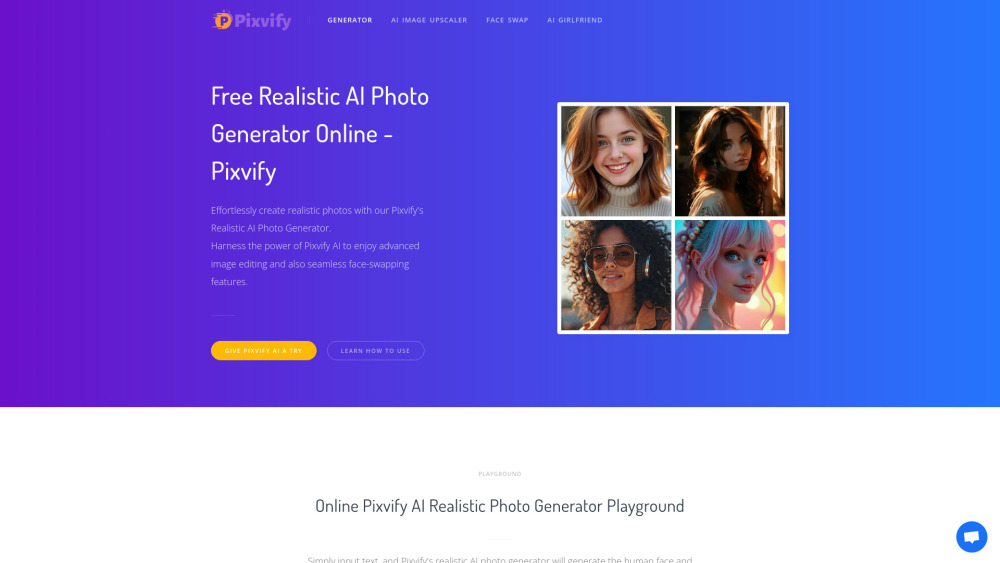This year, one trend stands out: Generative AI is profoundly affecting the software industry, with new announcements from software companies almost weekly regarding their plans to integrate this transformative technology into their platforms.
This week, it’s Okta’s moment in the spotlight. The identity management firm is unveiling a range of AI initiatives during its Oktane customer conference in San Francisco.
“I believe AI represents the next significant wave in technology. It’s as transformative and impactful as the internet, cloud computing, and mobile technology,” stated Okta CEO Todd McKinnon.
For Okta, this entails utilizing its extensive identity data to enhance customer security. “We’re launching a new suite of capabilities called Okta AI,” McKinnon explained. “This leverages our invaluable data from risk signals, usage patterns, customer behavior, and policies, integrating it with cutting-edge AI technology.”
McKinnon clarifies that Okta AI is not a standalone product; rather, it comprises a collection of capabilities that will be gradually incorporated across the platform. Some features will employ predictive AI to help security teams identify potential threats, while others will enable users to interact with data seamlessly using generative AI.
Among the various components being introduced, McKinnon highlighted three key features. The first, Identity Threat Protection, enhances traditional identity security by examining factors like the user’s device, network, and location to verify their identity. “With Okta AI’s Identity Threat Protection, the assessment of your security posture is ongoing. It continuously receives signals from the entire ecosystem—whether from CrowdStrike, Palo Alto Networks, Zscaler, or others—and integrates with identity fraud protection. If any risk emerges, be it malware or poor network security, it can immediately identify the issue,” he noted.
Should the system detect a risk that crosses a defined threshold, it will initiate what McKinnon refers to as a “universal logout,” logging users out from all systems until the security concern is resolved.
Next, Policy Recommender offers tailored application security configurations based on insights from Okta’s vast client base of over 18,000 customers. “The goal is to strike the right balance between user-friendliness and adequate security, particularly for sensitive applications. Policy Recommender is trained on the policies established by thousands of customers, allowing it to suggest appropriate security measures tailored to each client’s needs and security posture,” he explained.
Finally, Log Investigator represents a more pure generative AI application, enabling users to analyze Okta logs using natural language queries. “This technology is founded on a generative model that studies the questions users ask regarding Okta logs, subsequently training the model. The result is a user-friendly natural language interface, allowing customers to simply ask questions while the Okta system retrieves information from their logs,” he said.
McKinnon mentioned that Okta employs a variety of models, depending on the task, including technologies from Google, OpenAI, and Amazon. He also indicated that the company might develop its own model in the future, potentially leveraging open source developments.
Ray Wang, founder and principal analyst at Constellation Research, predicts an ongoing arms race in security, as AI technologies on both sides vie for dominance. “Customers are aware that future threats will involve AI combatting AI. This is just the beginning, and they expect their identity providers to defend against attacks from other AI systems while proactively preparing,” Wang explained.
With these strategic announcements, Okta is clearly pivoting toward this dynamic landscape. However, it will be assessed based on its execution of these ambitious ideas while maintaining customer privacy. For now, the new AI features announced this week will enter beta testing in the coming months, with a full rollout expected next year.




